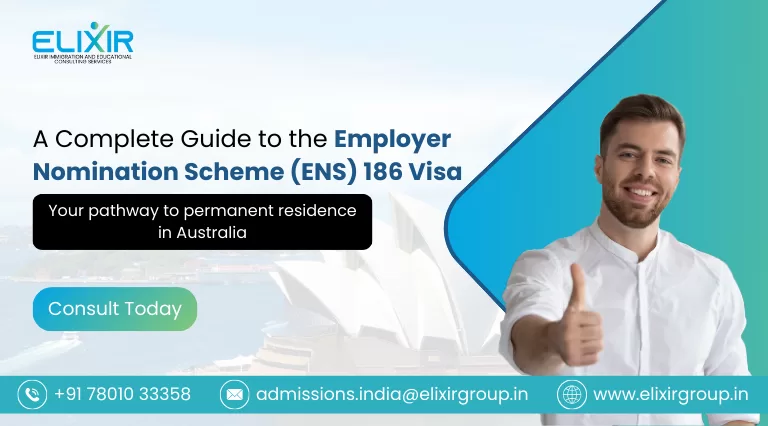As the visa applicant, you must (unless a specific exemption applies in any case):
👉 have competent English:
➡️ hold a valid passport issued by the UK, USA, Canada, New Zealand or the Republic of Ireland (and you are a citizen of that country) OR
➡️ an IELTS test score of at least 6 in EACH test component OR
➡️ an OET test score of at least B in EACH test component OR
➡️ a TOEFL iBT test score of at least 12 for listening, 13 for reading, 21 for writing and 18 for speaking OR
➡️ a PTE test score of at least 50 in EACH test component OR
➡️ a CAE test score of at least 169 in EACH test component
NOTES: In each case, the test must have been undertaken within the last three years.
👉 have your skills assessed as suitable for your nominated occupation by the relevant skills assessing authority
👉 have at least three years of full-time experience in your nominated occupation
👉 be under 45 years of age
👉 meet any mandatory licensing, registration or professional membership requirements
👉 satisfy the relevant health and character criteria


